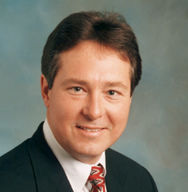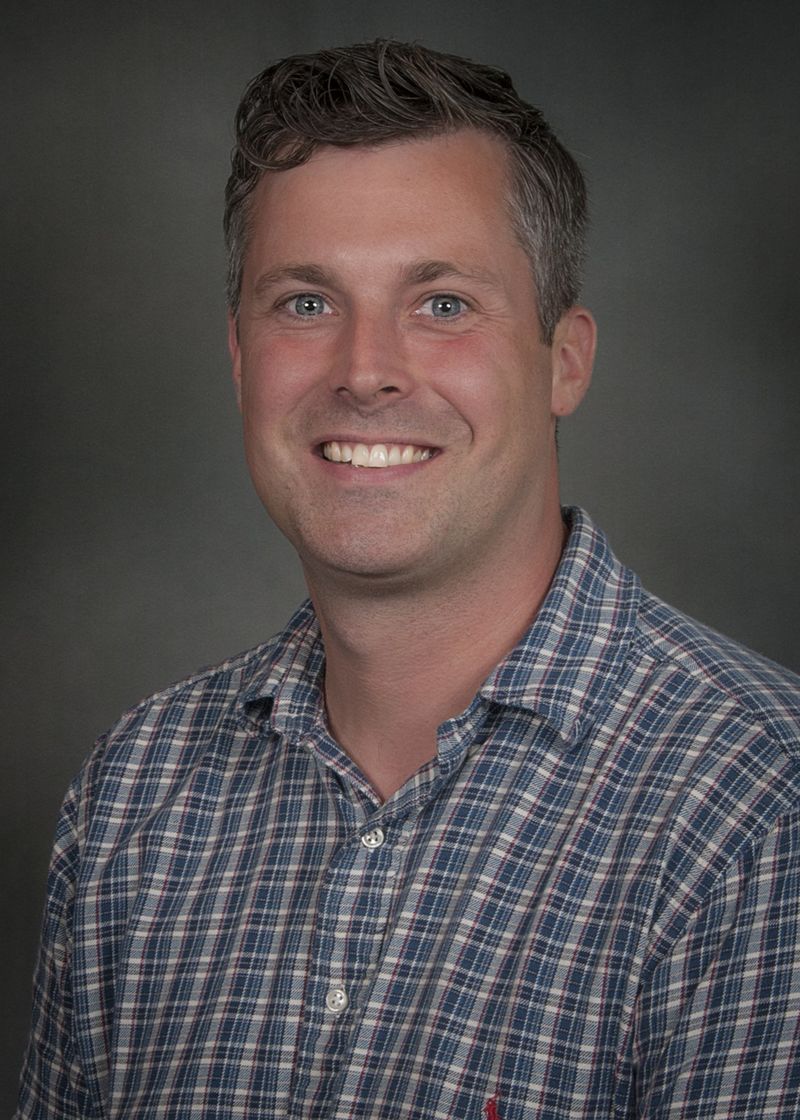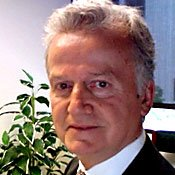Penn State Lehigh Valley will host diverse speakers on four occasions this fall as part of its annual Faculty Invitational Lecture Series. Topics include entrepreneurism, neurogenetics in the courtroom and leadership in an improved age. All events are free and open to the public.
The first lecture, presented by Paul Silvis, will be “Journey from chemistry geek to entrepreneur!” from 12:15 to 1:15 p.m. on Tuesday, Sept. 13, in room 302 at Penn State Lehigh Valley located at 2809 Saucon Valley Road in Center Valley, Pennsylvania.
Silvis will share his journey from a young chemist with thick glasses and a HP calculator on his belt to the head coach of a multinational manufacturer. He will discuss what motivated him to become an entrepreneur and the lessons learned along the way as he grew a company of one person into a world renowned chromatography firm: Restek Corporation of 350 people. Restek was sold to the employees in an employee stock ownership plan (ESOP) in 2008. Silvis started his second venture in a company specializing in chemical vapor deposition chemistry called SilcoTek in 2009. The journey was peppered with fast failure and overcoming tremendous hurdles.
Silvis, who is an accomplished entrepreneur and award-winning employer, currently serves as compensation chair for Penn State’s Board of Trustees, along with serving on other boards and organizations. He earned an executive master of business administration from Penn State Smeal College of Business and has earned a bachelor of science in chemistry and life science from the University of Pittsburgh.
Other featured lectures in the series include:
James Tabery: Neurogenetics in the courtroom: What have we learned from a decade of experimental research?
12:15 to 1:15 p.m. on Monday, Oct. 3 in room 302
Neurogenetic evidence concerning the causes of criminal behavior is becoming increasingly common in the court room. What impact, if any, will this evidence have on judgments of responsibility and punishment? For a decade, investigators interested in this question have been designing experiments to probe the neuro-genetic evidence's impact, and the results have been a mixed bag. Tabery will discuss the results and explain patterns that are emerging. Tabery is an associate professor in the department of philosophy, with additional appointments in the departments of pediatrics and internal medicine, at the University of Utah. He is a philosopher of science and a bioethicist.
Michael Andrews: Leadership in the Augmented Age
12:15 – 1:15 p.m. on Wednesday, Nov. 2 in room 302
Institutions need to become more flexible to address issues that arise in a time the anticipated accelerate pace of change. Andrews will lead a discussion of what emerging leaders will face in the coming years. He will explore how positive leadership can aid people as they move more fully into an augmented age. Humans have been adapting to technology continuously. However, in next two to three decades more change will be thrust on humanity than in the last 1,000 years. Andrews is the founder of MPA, where he advises emerging financial firms worldwide on new business and invests in and assists startup ventures with financing introductions.
A lecture in December will be scheduled in the future.
Dennille Schuler
Public Relations Specialist
Penn State Lehigh Valley


